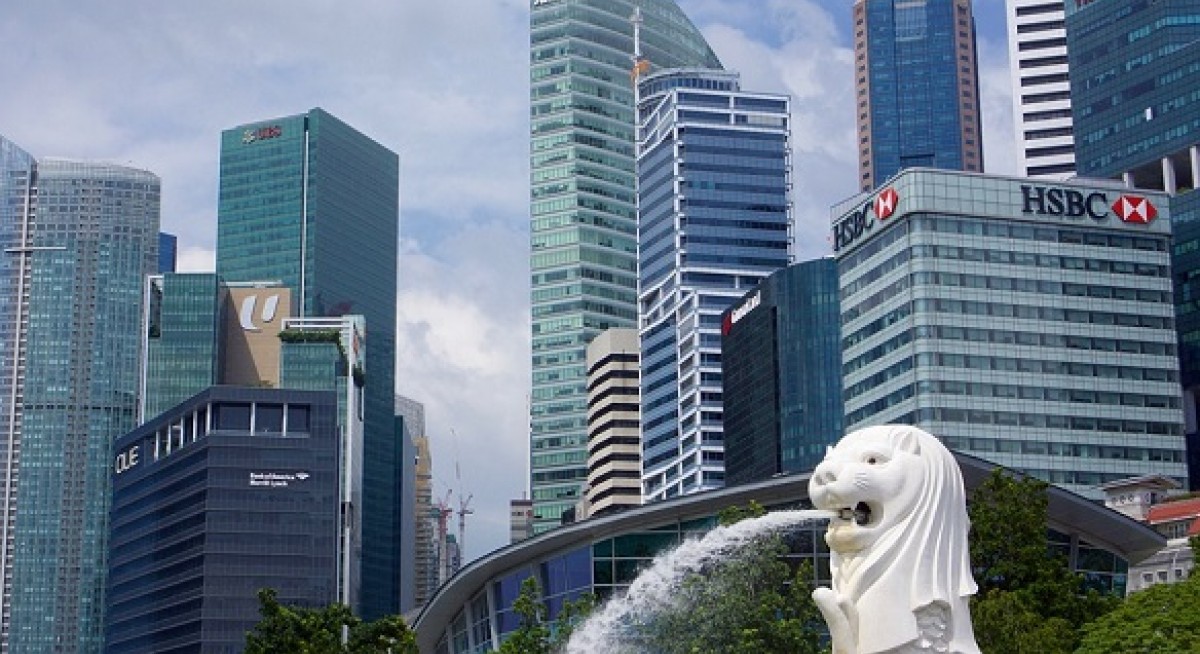Heng notes that while the government still has not decided on when the GST hike will happen, it will “exercise care when doing so”.
Heng was responding to a suggestion by Member of Parliament (MP) Foo Mee Har to postpone the “unpopular” GST hike and use the estimated surplus of $15 billion for fiscal wiggle room. Foo was among 55 MPs who, over three days, aired views and suggestions on the Budget, ranging from borrowing to fund infrastructure spending, to climate change laws and education system tweaks.
“The decision to raise GST was not made lightly,” Heng says. “As the government, it is our responsibility to anticipate and plan ahead for future needs. When doing so, we need to distinguish between one-off factors and underlying structural increases.”
This GST hike, he adds, goes towards structural increases such as in healthcare spending, preschool education and security.
Structural spending, such as that on healthcare, is also to be taken differently from one-off packages such as that for the so-called Merdeka Generation. Heng notes that subsidies for patient bills through existing permanent schemes alone are expected to cost the government $6.1 billion this year.
“This does not even include spending to enhance our healthcare facilities, and to research more effective treatments,” says Heng. “The base of our healthcare spending is rising.”
Pointing to an Organisation for Economic Co-operation and Development (OECD) paper, Heng notes that governments must raise primary revenues so they can fund rising costs without increasing public debt. OECD had estimated that governments will need additional revenues of 6.5 percentage points of GDP by 2060. The planned GST hike in Singapore will raise about 0.7 percentage points of GDP.
By contrast, the current surplus is “unexpected”. Heng attributes most of it to “the volatilities and uncertainties in revenues and expenditures”. For example, the government had expected property stamp duty collections to be lower in FY2018 because of the additional curbs that it had introduced in a bid to moderate the rise in property prices. “But the property market defied our expectations,” Heng says.
Meanwhile, there were also surprises on the expenditure front, such as the two-year suspension of the KL-Singapore High Speed Rail Project. “Forecasting is an inherently difficult exercise,” Heng says.
In his speech, Heng also addresses MP Saktiandi Supaat’s suggestion to tier GST for different goods so the tax burden on the lower income is reduced. That was a point that has been raised multiple times in Budget debates over the years, says Heng, who used the analogy of bread to explain why it was hard to define what necessities are.
He points to white bread and wholemeal bread at the supermarkets, as well as loaves sold in artisan bakeries. “Where do we draw the line?” he asks.
Richer households also spend more in absolute terms, thus benefitting more from reduced GST rates, and other countries’ experience is that businesses tend to pass on the resulting compliance and administrative costs to consumers.
“Our approach is to have a flat GST rate, while providing structural offsets through the GST Voucher scheme,” he says.
“And as I said in the Budget Speech, we will also be preparing a transitional package when [the GST hike] comes in.”
On calls to spend the surpluses accumulated from the current term, Heng reminds the House that surpluses at the end of the term does not “disappear”, but go into the reserves which are invested and used to supplement the Budget, and act as a rainy-day fund for the country.
He points out how, during the 2008 Global Financial Crisis, savings accumulated through the government’s term funded three-quarters of the $20.5 billion Resilience Package. The rest of the bill was paid for by past reserves.
“We should not have the mentality of trying to spend everything that we have, before the end of each term of government,” he says.
“We plan for the long term, because we plan for Singapore to be here in the long term.”
The full version of this story is available in The Edge Singapore issue 871 (week of Mar 4), which is in stores now. Click here to read it online, or subscribe today



